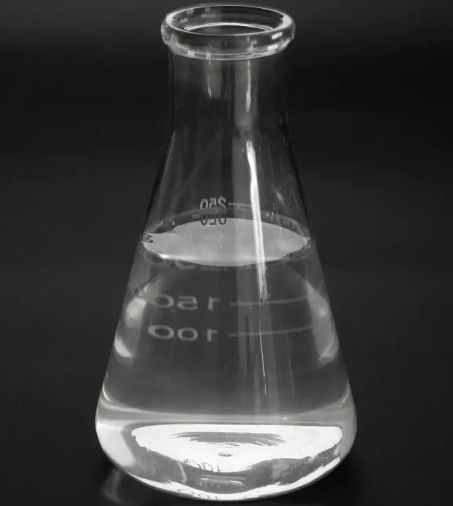Learn about recent related news.

In what ways does low sodium colloidal silica contribute to improved clarity, stability, or mechanical strength in finished products?
Low sodium colloidal silica offers several distinct advantages in terms of clarity, stability, and mechanical strength in finished products.
Reduced Impurities: The low sodium content reduces the risk of cloudiness or discoloration in transparent products, such as optical materials, coatings, and glass. Sodium ions can contribute to undesired opacity or haze, so minimizing sodium enhances clarity.
High Purity for Optical Applications: In industries where high transparency is essential (e.g., lenses, LCD screens, and photovoltaic cells), low sodium levels help maintain the purity and uniformity of the silica, resulting in a clearer product.
Better Light Transmission: Low sodium colloidal silica has a reduced tendency to cause scattering or refraction anomalies. This makes it suitable for coatings and layers where consistent light transmission is critical.
Chemical Stability: Sodium ions can act as catalysts for unwanted chemical reactions, which might lead to degradation or instability in a product over time. Low sodium levels prevent these reactions, promoting the chemical stability of products like coatings and adhesives.
Thermal Stability: Low sodium colloidal silica often withstands higher temperatures without causing product deformation, discoloration, or degradation. This makes it a preferred choice for applications exposed to heat, such as refractory materials or high-performance ceramics.
Longevity in Harsh Conditions: For products exposed to moisture or varying pH levels, low sodium helps maintain the stability of colloidal silica, making it resistant to leaching and maintaining the integrity of the product over time.
Enhanced Bonding: In composite materials, low sodium colloidal silica provides better bonding between particles, which reinforces the material structure and increases overall tensile strength. This is particularly valuable in concrete, ceramics, and composites.
Abrasion Resistance: Products treated with low sodium colloidal silica are often more resistant to wear and abrasion. In applications such as floor coatings or polishing, the enhanced mechanical durability contributes to a longer-lasting surface.
Improved Hardness and Durability: Low sodium colloidal silica can improve the hardness and rigidity of cured coatings and polymers, making them more resistant to scratches and deformation, which is essential in protective or industrial coatings.
The absence of sodium in colloidal silica improves clarity by minimizing clouding effects, enhances chemical and thermal stability by reducing unwanted reactions, and bolsters mechanical strength by promoting better bonding and durability in the end product. These benefits make low sodium colloidal silica especially useful in high-performance and specialized applications.
Related Products
-
Ammoniacal Colloidal silica/silica sol is a low density, colloidal silica used as a filler in coatin...
-
Colloidal silica/Silica Sol with Large Particle Size
Colloidal silica/Silica sol is a kind of colloid which is formed by nm-grade particles SiO2, dispers... -
Low Sodium Type Colloidal Silica/Silica Sol
Colloidal silica/Silica sol is a kind of colloid which is formed by nm-grade particles SiO2, dispers... -
Potassium Type Series Colloidal Silica/Silica Sol
Colloidal silica/Silica sol is a kind of colloid which is formed by nm-grade particles SiO2, dispers... -
Sodium Colloidal Silica/Silica Sol
Sodium Colloidal Silica/Silica Sol Colloidal silica/Silica sol is a kind of colloid which is formed ... -
Acid Series Colloidal Silica/Silica Sol
Acidic silica sol is a colloidal solution formed by uniform diffusion of silica particles in water. ... -
Colloidal Silica/Silica Sol With Small Particle Size
Colloidal silica/Silica sol is a kind of colloid which is formed by nm-grade particles SiO2, dispers... -
Neutral Colloidal Silica/Silica Sol
Colloidal silica/Silica sol is a kind of colloid which is formed by nm-grade particles SiO2, dispers...


 中文简体
中文简体